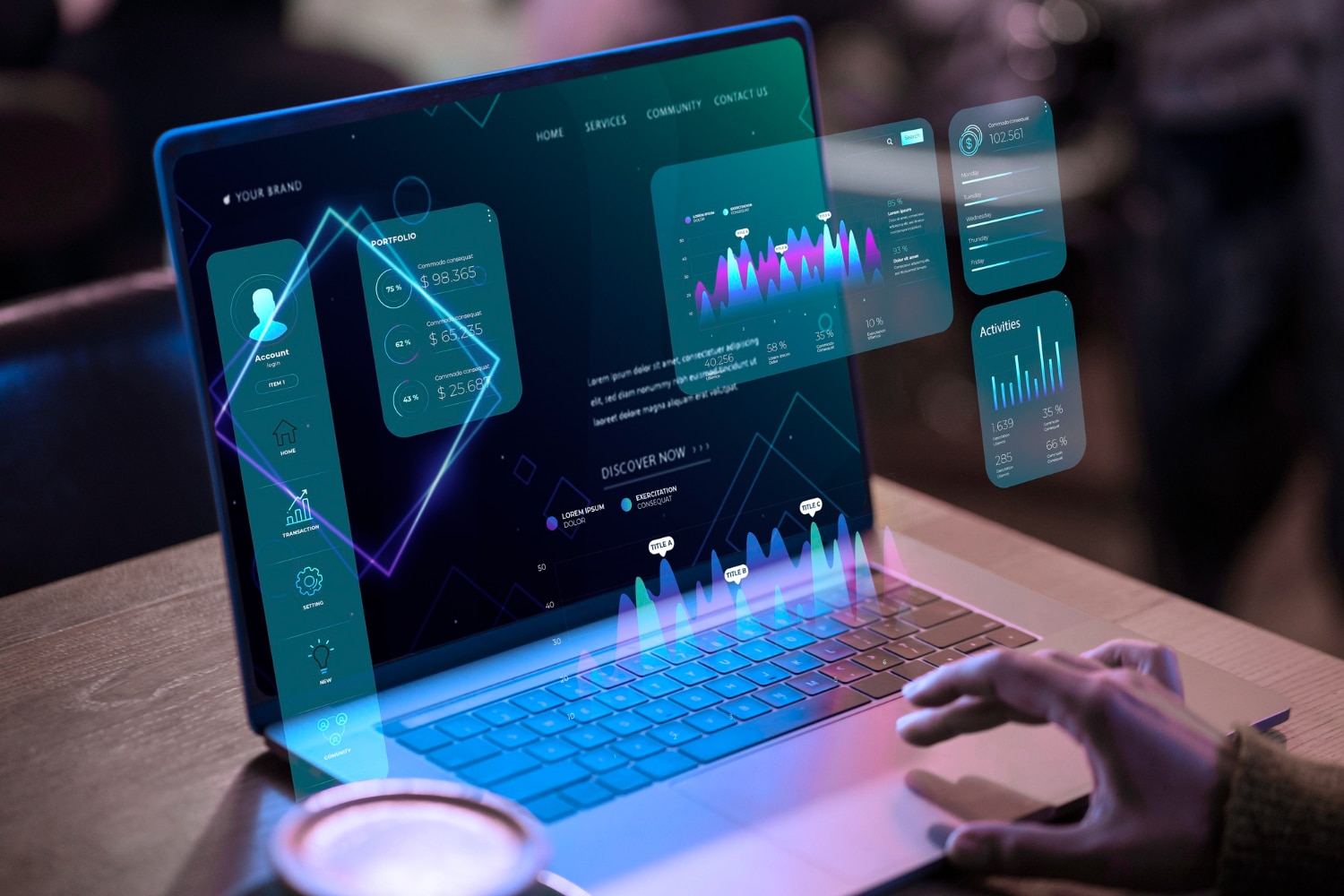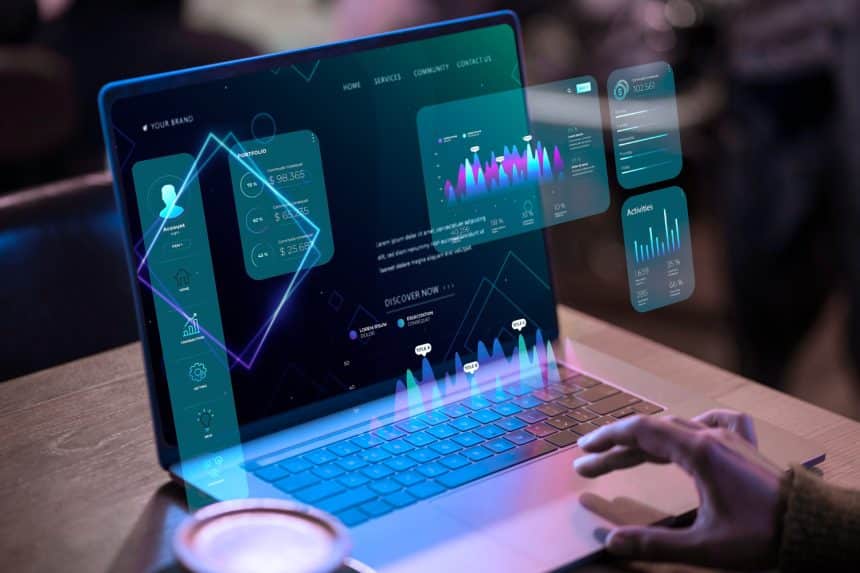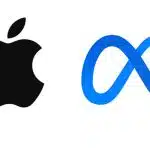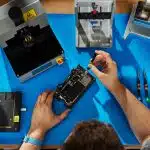The age of centralized systems is fading. Web3 is a new paradigm for the Internet based on blockchain, decentralization, and user data ownership. This digital shift raises the question: can such sensitive and subjective metrics as intelligence and reputation be organically integrated into the Web3 architecture?
Let’s look at how IQ can become part of decentralized identities, what technologies enable this, and what opportunities (and threats) the introduction of intelligent metrics into the blockchain environment brings.

What is IQ and why is it needed?
Intelligence quotient (IQ) is a standardized value that reflects the level of a person’s mental abilities relative to the population as a whole. The average IQ value is 100, and values from 90 to 109 are considered normal. High IQ is associated with analytical thinking, the ability to abstract, and quick learning.
IQ has traditionally been used in education, professional diagnostics, and scientific research, but today a new vector is emerging: digitization and linking of intellectual indicators to digital identities. For example, to find out your level of intelligence you can check my IQ website.
Digital identity and Web3: why does blockchain need intelligence?
In Web3, users control their data, create NFT identities, participate in DAOs, and gain access to DeFi platforms. All this requires a certain reputation, which could previously be confirmed by diplomas, social networks, or a CV. But in a decentralized ecosystem, there are no such familiar methods. Therefore, there is a need for verified, unforgeable metrics that could reflect the skills, achievements, and even the level of intelligence of the user.
This is where the idea of IQ tokenization and using blockchain technology to store test results, create NFT certificates, and build an on-chain reputation comes into play.
How might this work? Imagine a platform where you take a reputable IQ or cognitive test. Once you complete the test, the result is verified by an independent validator, and its hash is stored on the blockchain. Then an NFT or soulbound token (a non-transferable token tied to your digital identity) is created, containing metadata: IQ range, test date, test authority, validators, etc.
Such an NFT cannot be counterfeited or deleted. It becomes part of your on-chain reputation and can be used:
- as a filter on freelancing or hiring platforms,
- for participation in closed DAO communities focused on R&D,
- as an element of gamification on educational platforms,
- in Web3 universities as a confirmation of the student’s cognitive level.
Technical solutions: tokens, DIDs, and ZK protocols
To implement IQ in the blockchain ecosystem, it is necessary to strike a balance between verification, privacy, and security. Several key technologies come to the rescue:
- DIDs (Decentralized Identifiers) are unique identifiers that allow users to create and control their digital identities without the involvement of a centralized authority. The result of an IQ test can be linked to a DID.
- Soulbound Tokens are tokens that cannot be transferred or sold. Ideal for metrics related to personal achievements and identity, including IQ.
- Zero-Knowledge Proofs (ZKPs) are cryptographic protocols that allow you to prove the presence of certain information (for example, an IQ above 130) without revealing the information itself. This allows you to use the result without compromising privacy.
Ethics and challenges: is intelligence worth tokenizing?
The idea of tokenized IQ sounds futuristic, but it already raises serious ethical questions. For example:
- Will it lead to digital discrimination based on intelligence?
- How can we ensure that IQ tests are fair and scientifically valid?
- Can we allow access to certain Web3 features to be regulated by the cognitive level?
Critics point to the risk of increasing social inequality, especially if intelligence metrics become a factor in access to economic opportunities or voting rights in a DAO. Therefore, it is essential that any initiatives in this area be accompanied by expert and public discussion.
Examples and startups: the first steps are already being taken
Although tokenized IQ has not yet become a mass phenomenon, some projects are already experimenting in this direction. For example:
Proof of Talent is a startup working on a reputation system based on achievements and passing professional tests.
Talent Protocol is a platform where users build careers in Web3, and verified skills (including cognitive ones) become part of an on-chain profile.
Learn-to-Earn platforms like RabbitHole and Layer3 are starting to include elements of cognitive tasks, which can be supplemented with IQ tests and metrics.
In the future: intelligence as an asset?
Can we imagine an economy in the future where intelligence becomes a digital asset – something like crypto collateral or a parameter that affects APR in DeFi? Perhaps yes. But only if society finds a way to manage these metrics fairly, transparently, and ethically.
IQ in Web3 can stop being an abstract number on paper and turn into an active part of digital identity. Today, you can take a test on the MyIQ website to find out your level of intelligence, and in the near future, you can save this result in the blockchain and use it in the digital ecosystem.












